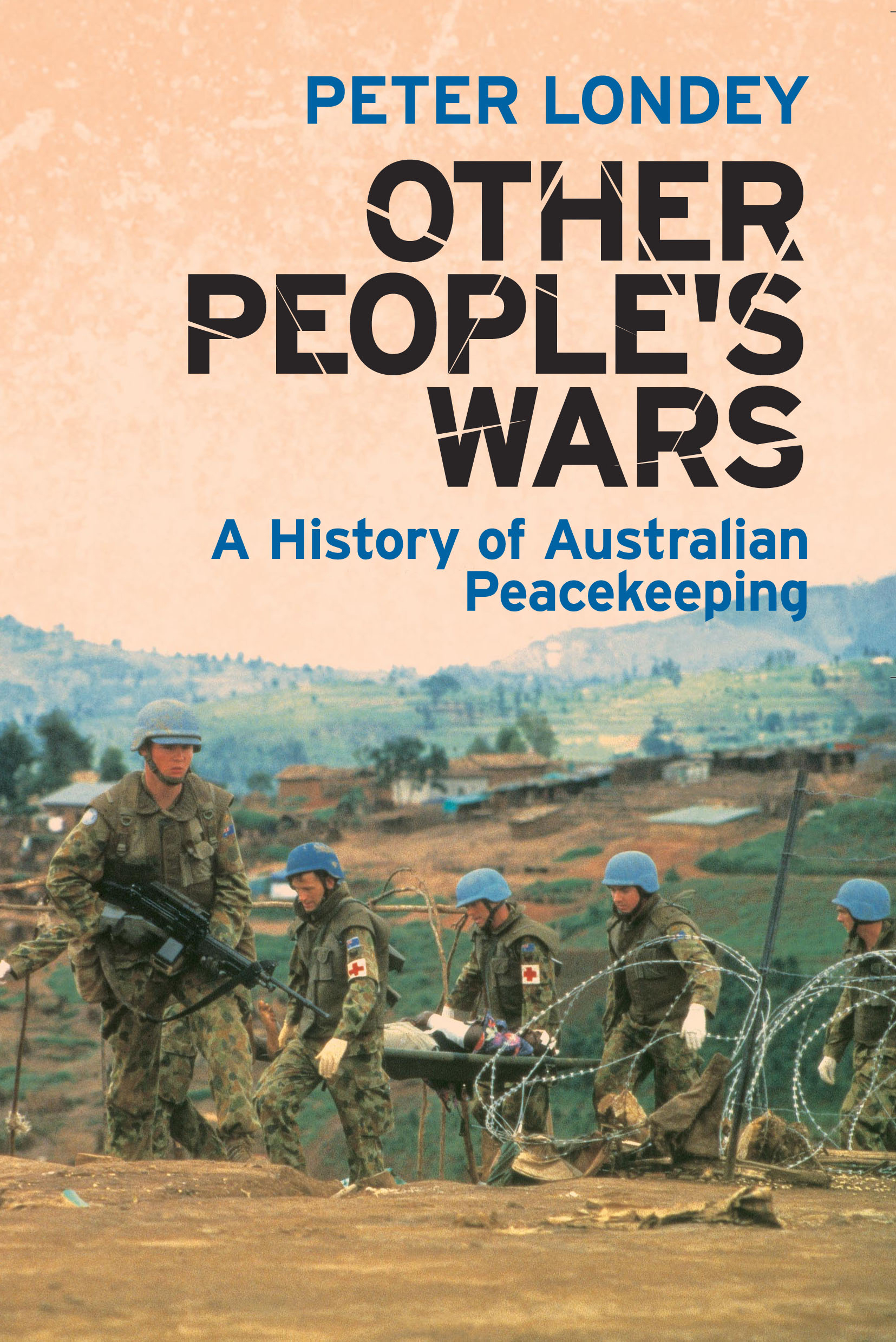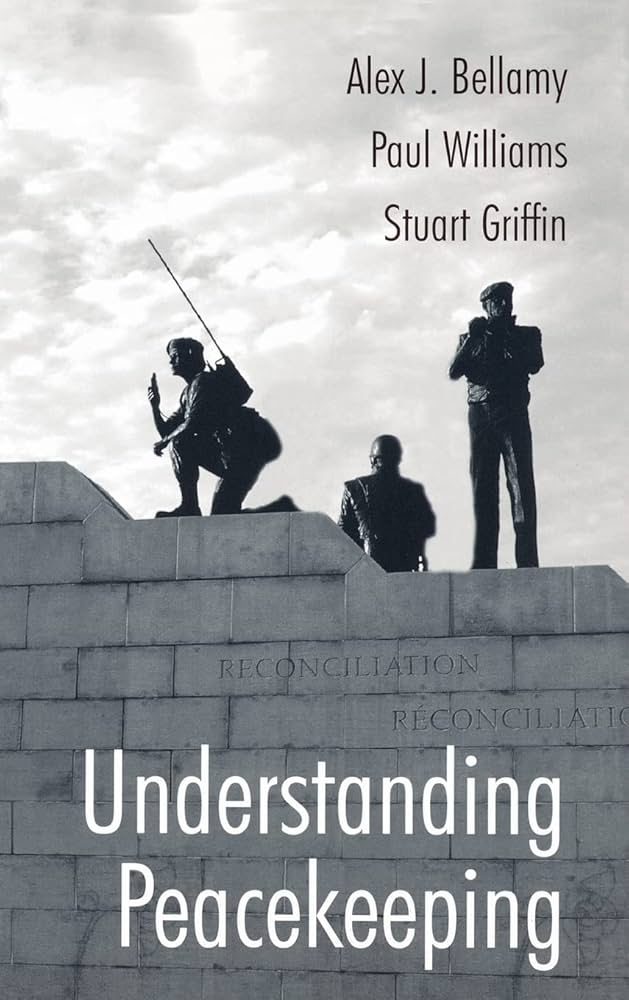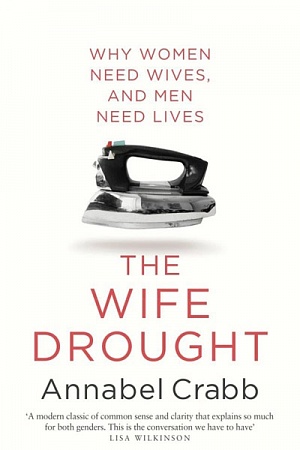Understanding Peacekeeping
Polity, $69.30 pb, 342 pp
Thick or Thin
The end of the Cold War in 1991 sparked a great debate about the fate of the international order and, in particular, of the so-called Westphalian system in which nation-states were the main actors. Since the end of the bloody Wars of Religion in 1648, there has been, in short, a sort of understanding that the international system should concern itself with wars between states, not wars within states. The problem is, however, that many conflicts today belong in the second category. In its endeavours to keep the peace, the international community has to adjust to this reality. The question is how.
Alex Bellamy, Paul Williams and Stuart Griffin start with the proposition that modern peacekeeping has to take account of the hegemonic position of the US. The basis for this assertion is, first, that the US as a major power has never accorded the United Nations a major role in global security. Second, that globalisation has challenged the protections afforded by the ‘domestic jurisdiction’ clause on the UN Charter – that certain matters are not the business of global governance. The US, as the main driver of contemporary globalisation, has become much more insistent on establishing a universal set of rules to govern the political and economic order. The problem is that a result of globalisation has been the appearance of ‘new wars’, where there are non-state actors, such as terrorists, or there are conflicts that occur within failed states. The Rwanda genocide, and the anarchy in Somalia that precipitated it, were stark signs of the serious consequences of the collapse of states. The complexity of conflict, then, has to be met by a much more sophisticated response. Peacekeeping cannot be, any longer, a question of simply ‘making space’ between national adversaries – with conflicts such as those in the Middle East, Cyprus and Korea dragging on indefinitely.
Continue reading for only $10 per month. Subscribe and gain full access to Australian Book Review. Already a subscriber? Sign in. If you need assistance, feel free to contact us.
















Leave a comment
If you are an ABR subscriber, you will need to sign in to post a comment.
If you have forgotten your sign in details, or if you receive an error message when trying to submit your comment, please email your comment (and the name of the article to which it relates) to ABR Comments. We will review your comment and, subject to approval, we will post it under your name.
Please note that all comments must be approved by ABR and comply with our Terms & Conditions.